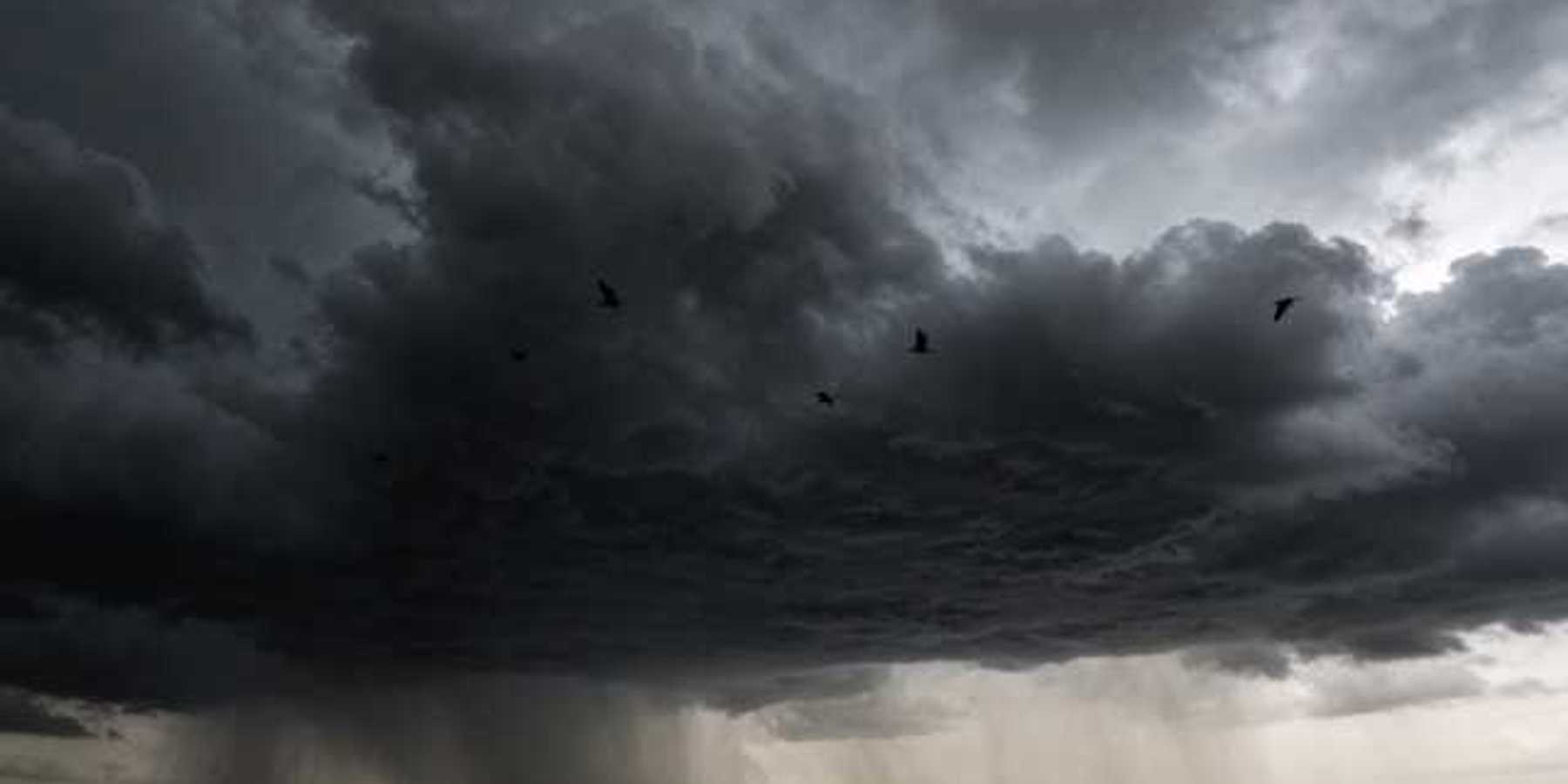Supreme Court to address environmental and regulatory cases in 2025
The U.S. Supreme Court will decide key cases in 2025 that could reshape environmental regulation, agency power and federal permitting processes.
Pamela King reports for E&E News.
In short:
- The Supreme Court will weigh limiting the scope of environmental reviews under the National Environmental Policy Act, potentially restricting climate considerations for federally approved projects.
- Justices will revisit the non delegation doctrine, which could restrict Congress from granting broad authority to agencies like the EPA.
- Upcoming cases include disputes over Clean Water Act permitting, nuclear waste storage licensing and challenges to California’s emissions waiver under the Clean Air Act.
Key quote:
“The public needs to understand that these are not cases principally about climate change. They are about the separation of powers and the proper division of authority between the federal and state governments.”
— Donald Kochan, law professor at George Mason University
Why this matters:
The Supreme Court’s conservative majority has increasingly taken a skeptical stance on the scope of federal agencies, raising concerns about the future of environmental regulation in the United States. Recent decisions suggest a willingness to curtail the authority of agencies like the Environmental Protection Agency, potentially limiting their ability to address issues such as greenhouse gas emissions, water pollution and toxic air contaminants.
Related: Supreme Court ruling could impact environmental policies












